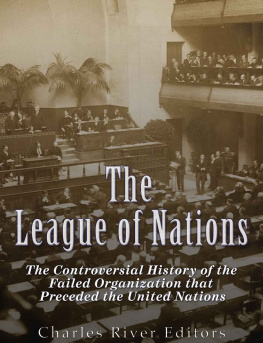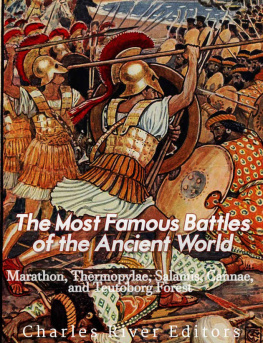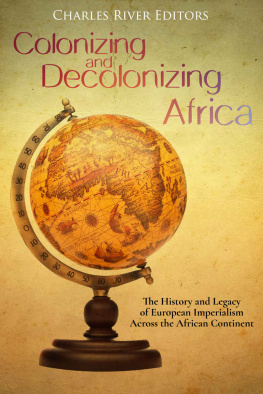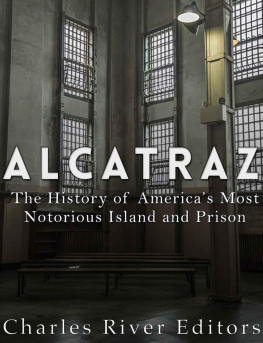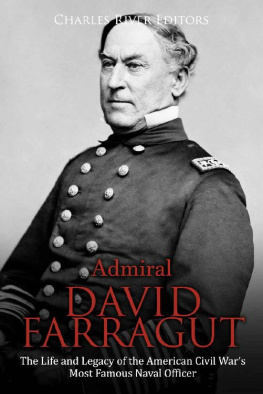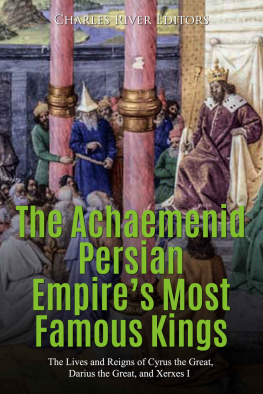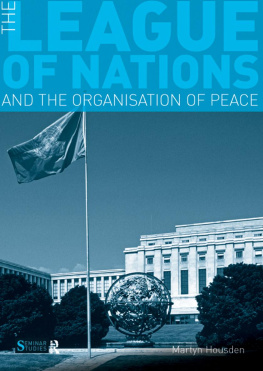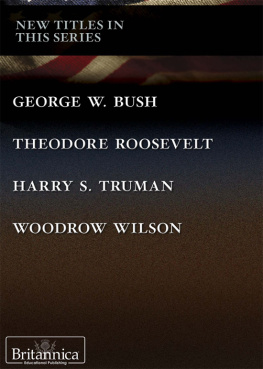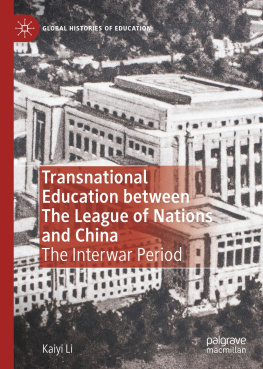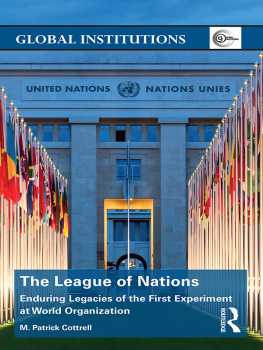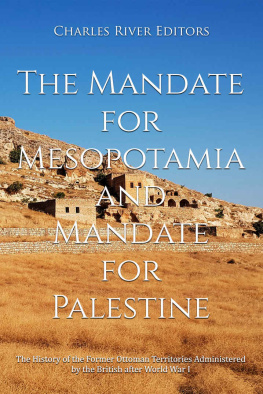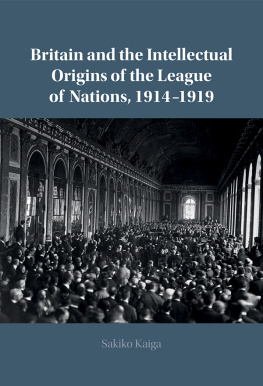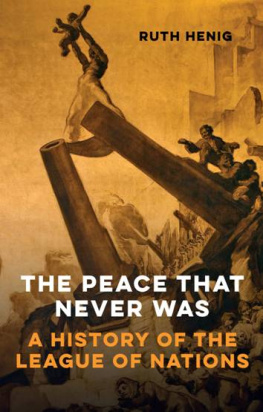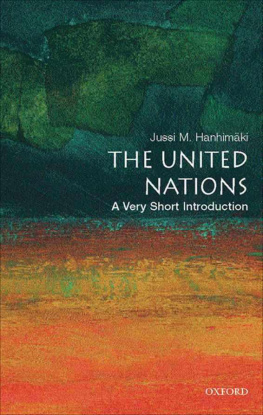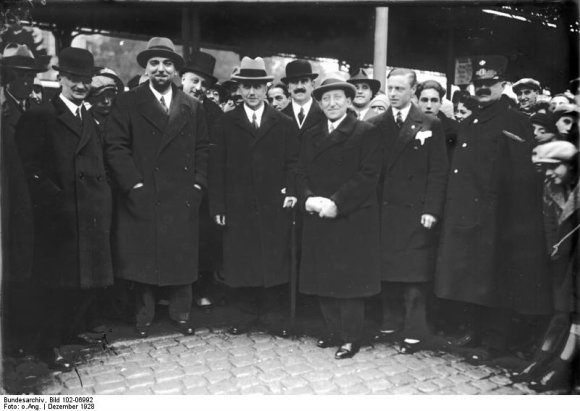Charles River Editors - The League of Nations: The Controversial History of the Failed Organization that Preceded the United Nations
Here you can read online Charles River Editors - The League of Nations: The Controversial History of the Failed Organization that Preceded the United Nations full text of the book (entire story) in english for free. Download pdf and epub, get meaning, cover and reviews about this ebook. year: 2016, publisher: Charles River Editors, genre: Science. Description of the work, (preface) as well as reviews are available. Best literature library LitArk.com created for fans of good reading and offers a wide selection of genres:
Romance novel
Science fiction
Adventure
Detective
Science
History
Home and family
Prose
Art
Politics
Computer
Non-fiction
Religion
Business
Children
Humor
Choose a favorite category and find really read worthwhile books. Enjoy immersion in the world of imagination, feel the emotions of the characters or learn something new for yourself, make an fascinating discovery.
- Book:The League of Nations: The Controversial History of the Failed Organization that Preceded the United Nations
- Author:
- Publisher:Charles River Editors
- Genre:
- Year:2016
- Rating:5 / 5
- Favourites:Add to favourites
- Your mark:
The League of Nations: The Controversial History of the Failed Organization that Preceded the United Nations: summary, description and annotation
We offer to read an annotation, description, summary or preface (depends on what the author of the book "The League of Nations: The Controversial History of the Failed Organization that Preceded the United Nations" wrote himself). If you haven't found the necessary information about the book — write in the comments, we will try to find it.
Includes accounts of members of the League
*Includes online resources and a bibliography for further reading
The program of the worlds peace, therefore, is our program; and that program, the only possible program, as we see it, is this: 1. Open covenants of peace, openly arrived at, after which there shall be no private international understandings of any kind but diplomacy shall proceed always frankly and in the public view. - President Woodrow Wilson
I have loved but one flag and I can not share that devotion and give affection to the mongrel banner invented for a league. - Henry Cabot Lodge
The United Nations is one of the most famous bodies in the world, and its predecessor, the League of Nations, might be equally notorious. In fact, President Woodrow Wilsons pet project was controversial from nearly the minute it was conceived. At the end of World War I, Wilsons pleas at the Paris Peace Conference relied on his Fourteen Points, which included the establishment of a League of Nations, but while his points were mostly popular amongst Americans and Europeans alike, leaders at the Peace Conference largely discarded them and favored different approaches. British leaders saw their singular aim as the maintenance of British colonial possessions. France, meanwhile, only wanted to ensure that Germany was weakened and unable to wage war again, and it too had colonial interests abroad that it hoped to maintain. Britain and France thus saw eye-to-eye, with both wanting a weaker Germany and both wanting to maintain their colonies. Wilson, however, wanted both countries to rid themselves of their colonies, and he wanted Germany to maintain its self-determination and right to self-defense. Wilson totally opposed the war guilt clause, which blamed the war on Germany.
Wilson mostly found himself shut out, but Britain and France did not want American contributions to the war to go totally unappreciated, if only out of fear that the U.S. might turn towards improving their relations with Germany in response. Thus, to appease Wilson and the Americans, France and Britain consented to the creation of a League of Nations. However, even though his participation in the crafting of the Treaty of Versailles earned him a Nobel Prize that year, Wilson soon learned to his consternation that diplomacy with Congress would go no better than his diplomacy with European leaders. The only major provision that Wilson achieved in Europe, the League of Nations, was the most controversial in the United States. Both aisles of Congress had qualms with the idea, believing it violated the Constitution by giving power over self-defense to an international body. Other interests in the United States, especially Irish-Americans, had now totally turned against Wilson. The Presidents interest in national self-determination extended to many European countries, including Hungary, Poland, Czechoslovakia and Belgium, but it excluded one critical country: Ireland, a country currently embroiled in a revolution against Great Britain. Worse, Irish-Americans thought the League of Nations would harden Anglo control of global institutions. Simply put, Wilson returned home to find many Americans werent buying the League of Nations. While the Senate was able to build a slim majority in favor of ratification, it could not support the necessary two-thirds majority.
Although the League of Nations was short-lived and clearly failed in its primary mission, it did essentially spawn the United Nations at the end of World War II, and many of the UNs structures and organizations came straight from its predecessor, with the concepts of an International Court and a General Assembly coming straight from the League. More importantly, the failures of the League ensured that the UN was given stronger authority and enforcement mechanisms, most notably through the latters Security Council.
Read More
Charles River Editors: author's other books
Who wrote The League of Nations: The Controversial History of the Failed Organization that Preceded the United Nations? Find out the surname, the name of the author of the book and a list of all author's works by series.

